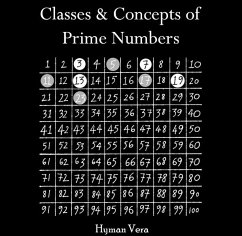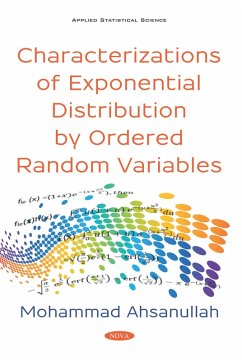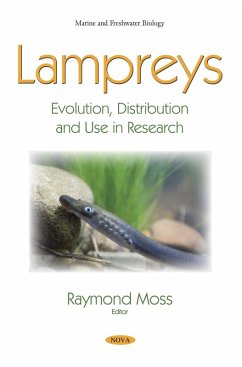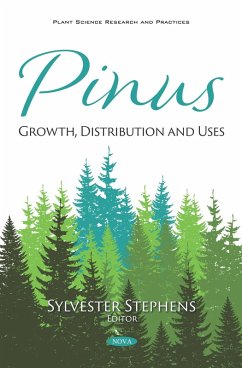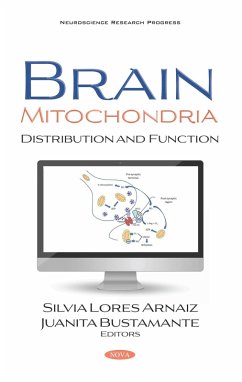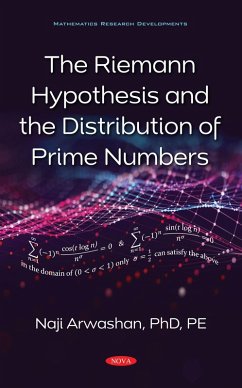
Riemann Hypothesis and the Distribution of Prime Numbers (eBook, PDF)
Versandkostenfrei!
Sofort per Download lieferbar
148,95 €
inkl. MwSt.

PAYBACK Punkte
74 °P sammeln!
This book is an introductory and comprehensive presentation of the Riemann Hypothesis, one of the most important open questions in math today. It is introductory because it is written in an accessible and detailed format that makes it easy to read and understand. And it is comprehensive because it explains and proves all the mathematical ideas surrounding and leading to the formulation of the hypothesis. Chapter 1 begins by defining the zeta function and exploring some of its properties when the argument is a real number. It proceeds to identify the series' domain of convergence and proves Eul...
This book is an introductory and comprehensive presentation of the Riemann Hypothesis, one of the most important open questions in math today. It is introductory because it is written in an accessible and detailed format that makes it easy to read and understand. And it is comprehensive because it explains and proves all the mathematical ideas surrounding and leading to the formulation of the hypothesis. Chapter 1 begins by defining the zeta function and exploring some of its properties when the argument is a real number. It proceeds to identify the series' domain of convergence and proves Euler's product formula. Chapter 2 introduces complex numbers and the complex analytic tools necessary to understand the zeta function in complex plane. Chapter 3 extends the domain of the zeta function for the first time by introducing the eta function. Presenting proofs by Sondow, it is shown that zeta can be defined for any complex number whose real part is positive. Next, the functional equation of the zeta function is derived in Chapter 4. This provides a method to extend the definition of zeta to the entirety of the complex plane. Chapter 5 is where the Riemann Hypothesis is properly introduced for the first time. It relates the zeros of the zeta and eta functions which leads to a simple formulation of the hypothesis. Chapters 6 and 7 connect the topics of zeta's zeros and the distribution of prime numbers. Chapter 6 introduces Riemann explicit formula and explains the use of Mobius transform to rewrite the prime counting function in terms of the Riemann prime counting one and it provides a detailed numerical example on how to use the Riemann's formula. Chapter 7 derives the von Mangoldt formula via the residue theorem and elucidates some of its important properties. Certain necessary mathematical tools, such as Fourier analysis and theta and gamma functional equations, are included in the appendices to make the chapters more concise and focused.
Dieser Download kann aus rechtlichen Gründen nur mit Rechnungsadresse in A, B, BG, CY, CZ, D, DK, EW, E, FIN, F, GR, HR, H, IRL, I, LT, L, LR, M, NL, PL, P, R, S, SLO, SK ausgeliefert werden.





